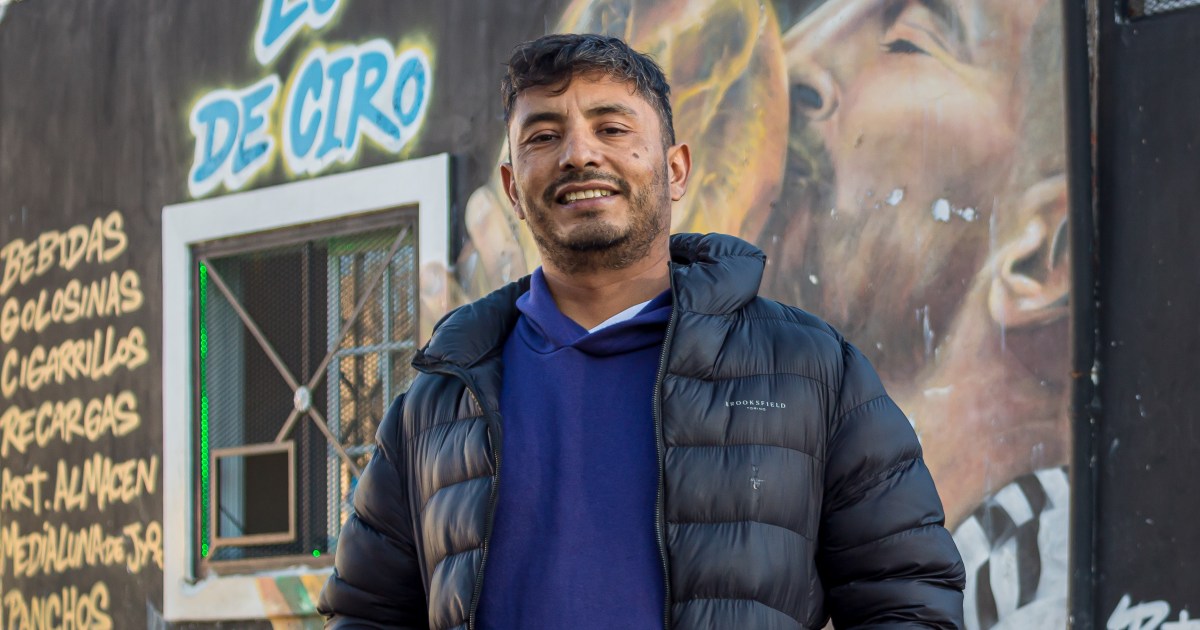
But just as the education programmes were flourishing, so too was the need.
According to the most recent government data, the nationwide prison population reached a record of 105,053 people in 2022.
That marks a 233 percent increase over the number of imprisoned people in 2002, just two decades prior.
Overcrowding in Argentina’s prisons is common. So too are sparse conditions: Some lack basic sanitary supplies, healthcare services and even beds.
Unsurprisingly, the number of imprisoned people accessing higher-level education is also relatively low.
As of 2022, approximately 5.5 percent of women and 4.5 percent of men reported participating in university-level education programmes. The majority participated in no educational enrichment at all.
But when Cubilla started to organise CUSAM, San Martin’s in-prison university, he saw an opportunity not only to improve his cellmates’ lives — but also the prison itself.
“This is about a lot more than studying,” Cubilla said. “I remember that, when I got to leave my cell, I would take the chance to talk to other prisoners, see what they needed. Talking about the university was an excuse to foster better relations between people in the prison, and it contributed to a reduction in violence.”
He and other men at the San Martin prison reached out to the National University of San Martin for help in setting up CUSAM.
Bruno, one of the professors who took part in the exchange, explained that they decided to offer degrees in sociology and social work precisely because those subject matters taught students to approach conflict in a different way.
“People here are not prisoners but students,” Bruno said of CUSAM’s philosophy. “The idea is that, through learning, we can help them develop critical thinking and become responsible citizens.”
Studies have also shown that education helps reduce the risk of recidivism.
The University of Buenos Aires, for example, found that 84 percent of the people who graduated from a prison education programme in 2013 did not reoffend in the years immediately afterwards.
That trend has also been documented in the United States, one of the countries with the highest incarceration rates in the world.
A 2021 study from the Bard Prison Initiative and Yale University found that the more college credits an imprisoned person earned, the lower their recidivism rate was likely to be.
For students who earned a bachelor’s degree, for instance, the recidivism rate fell to 3.1 percent — far below the national rate of nearly 60 percent.
“A university education has the power to change the trajectory of the lives of imprisoned students, not just because they are far less likely to ever go back to prison, but also because education opens worlds of opportunity and possibility,” Jessica Neptune, the director of national engagement at the Bard Prison Initiative, told Al Jazeera.
EMEA Tribune is not involved in this news article, it is taken from our partners and or from the News Agencies. Copyright and Credit go to the News Agencies, email news@emeatribune.com Follow our WhatsApp verified Channel





